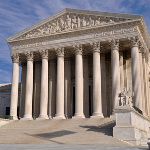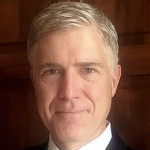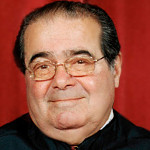The Supreme Court’s Big Rulings Were Surprisingly Mainstream This Year
“The Supreme Court just wrapped up its first full term with two of Trump’s nominees on the bench. But the court’s much-anticipated conservative revolution didn’t really happen this year. To be sure, the last few weeks of the term were full of consequential decisions that hinged on just one vote. But even though there were some fierce disagreements among the justices, the court’s final rulings were actually not very controversial at all — at least from the perspective of most Americans,” reports Amelia Thomson-DeVeaux and Anna Wiederkehr in FiveThirtyEight’s Supreme Court.
“According to a recent survey by a group of researchers at Stanford, Harvard and the University of Texas, Austin, which asked Americans about central issues facing the court, the justices’ rulings were in line with public opinion in 8 out of 10 major cases.”





 Justice Antonin Scalia’s death is big news in the larger political world, leaving a Supreme Court that may be evenly split on a wide range of politically and socially charged legal questions, writes
Justice Antonin Scalia’s death is big news in the larger political world, leaving a Supreme Court that may be evenly split on a wide range of politically and socially charged legal questions, writes